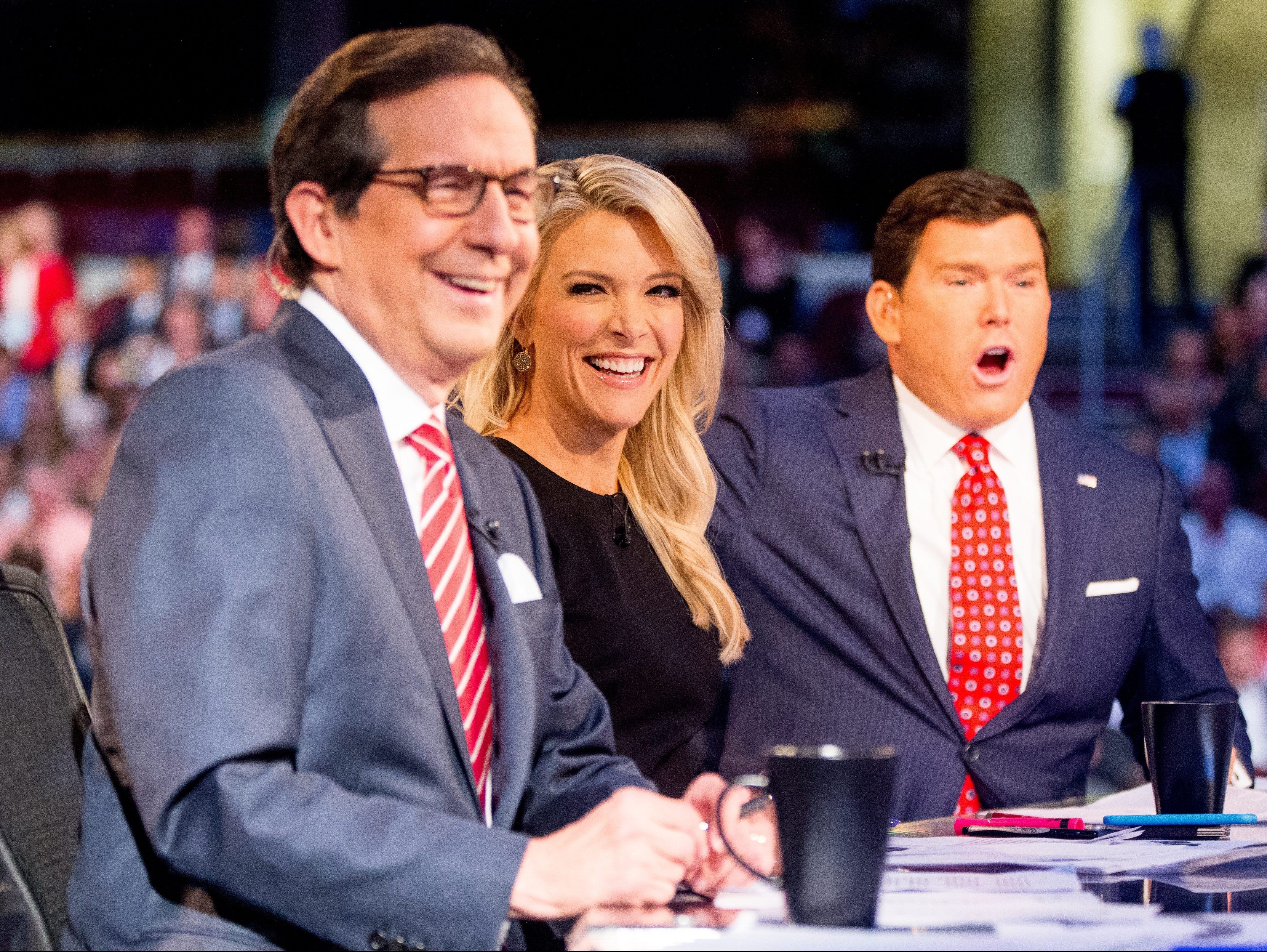The first GOP Debate, hosted by Fox News, is still resonating, three days later–partly because it had some great moments, and partly because Donald Trump’s resentment is keeping it alive.
It is fair to say that Trump is overreacting; a president has to deal with criticism, even unfair criticism. (One of the worst things about the present occupant of the Oval Office is his hostility to criticism.)
Still, there are some legitimate complaints about the Fox News debate, which, despite its astronomical ratings, only seems “good” because we are so used to truly bad ones.
1. Questions targeted at individuals. The Fox News moderators won praise from the liberal media for asking harsh, even personal questions. Those questions are certainly warranted, but they are more appropriate to an interview format than to a debate.
The purpose of a debate is to allow the different candidates to respond to the same question, usually a policy question, which allows the public to gauge their ideas. It is possible to ask tough questions without being so personal.
The other risk of asking personalized questions is it increases the risk of bias. Trump was treated badly, as was Jeb Bush, who was asked three times about his family. Yet Marco Rubio got off easy on immigration.
2. Putting the “Republican Party” question first. It is perfectly legitimate to ask candidates whether they will agree to support the eventual nominee of the party. Yet the question should have been asked as a precondition to joining the debate, or posed at the end of the debate–not posed at the beginning, where it seemed like (and perhaps was) a deliberate effort to target Trump.
Trump was clearly rattled by it, and will survive his poor debate performance precisely because his supporters believe the contest was rigged against him from the start.
3. The undercard debate. The moderators for the earlier debate were more focused on substantive policy issues, and produced a genuine winner in Carly Fiorina. Still, the debate began by asking the candidates why they were such losers (“has your moment passed, Senator?”).
If you are going to stage an undercard debate, don’t mock the participants. Skip the strategy questions and get straight into the issues.
